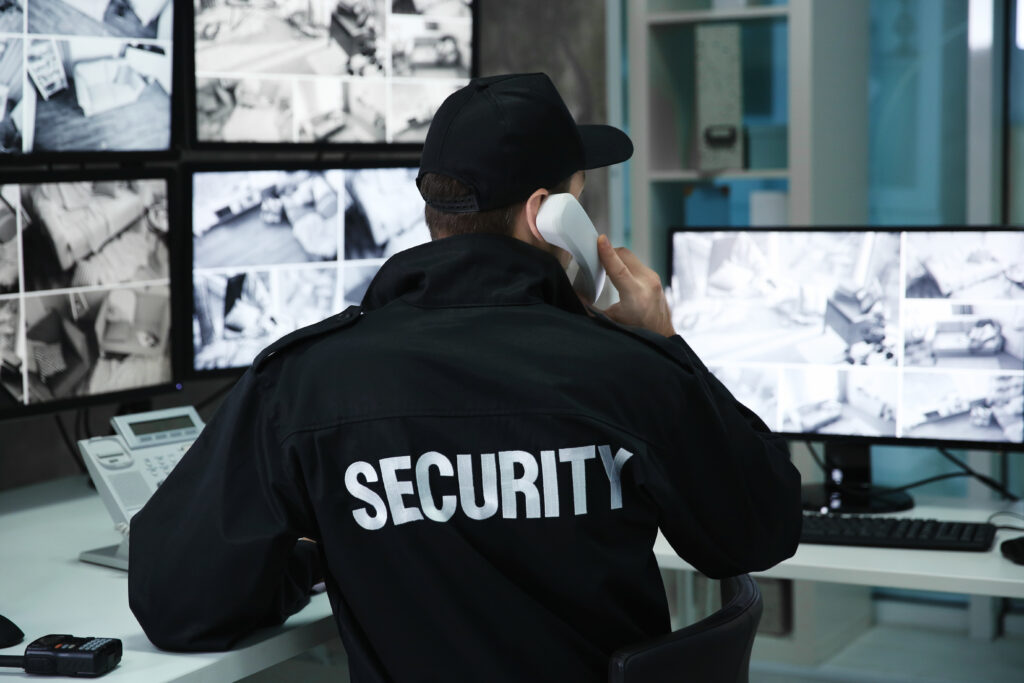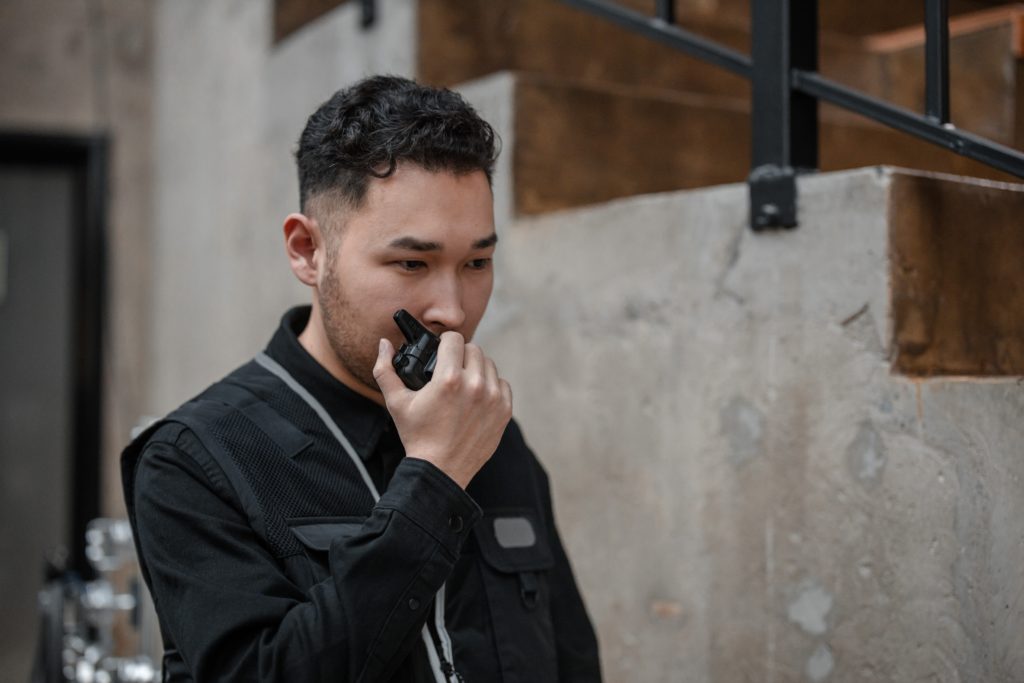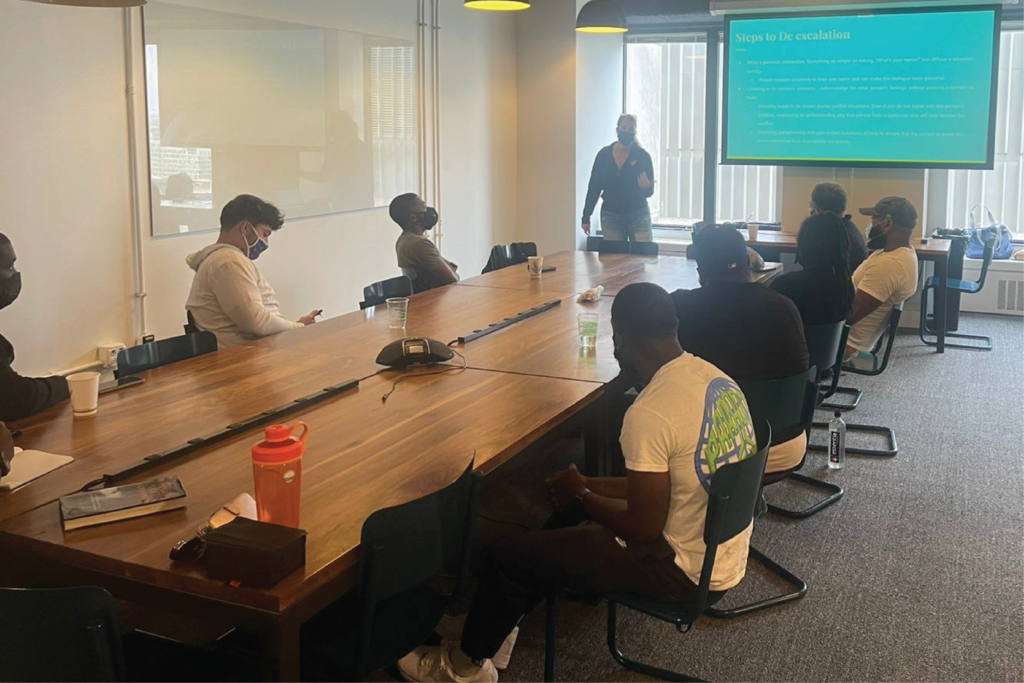As a security professional, you put yourself in possible harm’s way every day you show up to work. It’s part of the job. However, being prepared and knowing how to keep yourself safe in a violent situation as a bar bouncer in Chicago can ensure that you achieve a successful outcome.
Following these steps will help to not only keep you safe but will also prepare you for keeping the people around you safe.
Plan
The first step to keeping yourself safe in a violent situation is to prepare in advance. Anytime you’re assigned to a new location, identify potential problems before they occur by familiarizing yourself with the everyday operations of the venue.
Be Alert
When you’re interacting with individuals, observe them carefully so that you’ll notice if any signs of anger stand out. In addition to verbal cues, some signs of agitation include the following.
- Flared nostrils
- Crossed arms
- Flushed skin
- Scowls
- Balling up of fists
Authority
If you sense an interaction has the potential to become violent, immediately establish your authority. Letting the person know that you’re a security officer or bouncer will set the tone for the rest of the interaction. After establishing your authority, follow that up with letting them know you’re there to help.
Separation
If more than one person is involved in a situation that could quickly escalate to violence, it’s critical to get the involved parties separated as soon as possible. The more distance you can put between the parties, the better. If they start to fight, your chances of getting hurt increase drastically.
Active Listening
In many violent situations, people simply want to be heard. To practice active listening, remain calm and paraphrase what they’re saying so that they’ll know that you’re listening, and you hear them.
Empathy
When you show another person that you understand how they feel, you’re demonstrating empathy. This doesn’t necessarily mean that you agree with their claims, but comments like “I understand that you’re angry” make it clear that you’re hearing them and that you’re there to help.
Resolution
Once you have successfully diffused the situation, takes steps to make sure things don’t escalate again. Ask them what they feel would be a fair resolution. Alternatively, you can bring in other people who can help them, including management at the venue.
Conflict resolution is never easy, but with preparation and training, you can de-escalate a dangerous situation, keeping yourself safe and doing your job to protect those around you.











